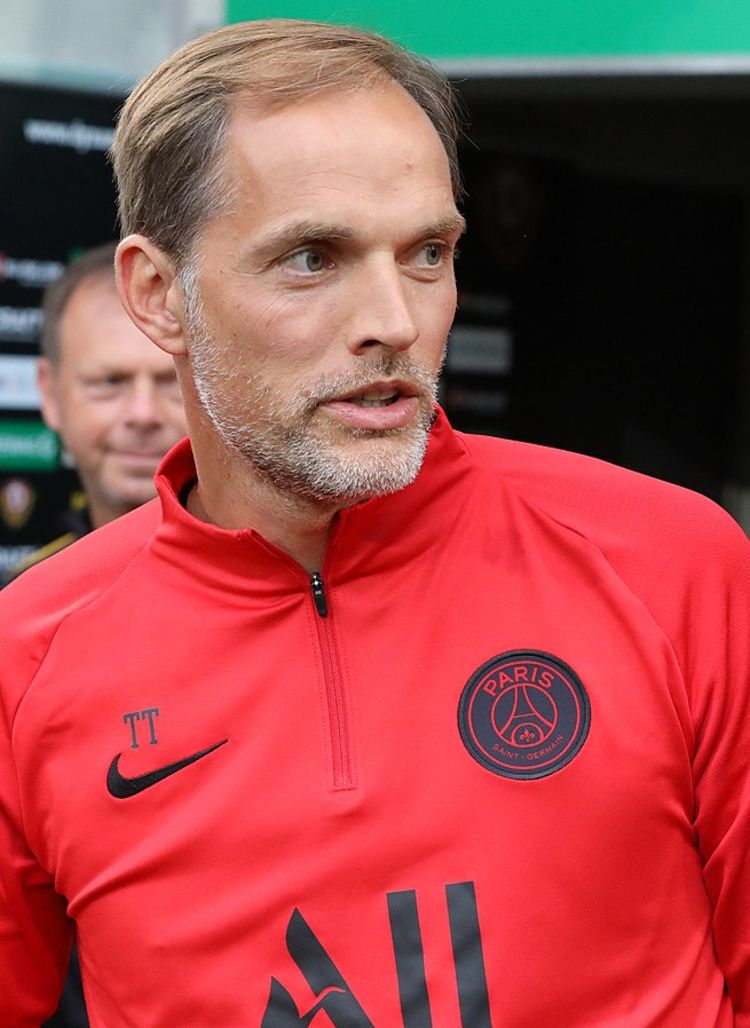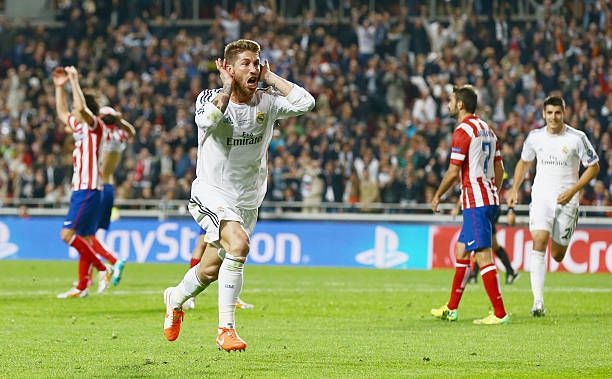Thomas Tuchel: can pragmatism achieve European success once again?
Pragmatists have become something of a dying breed in the Champions League following on from the success of Rafa Benitez and José Mourinho in the 2000s, but Thomas Tuchel is bucking that trend and proving that pragmatists can still win.

Thomas Tuchel has returned Chelsea to the Champions League Final, the third in their history and first in eight years.
Chelsea’s recent success under Tuchel, climbing from tenth to fourth in the premier league, a FA Cup final and a Champions League final has not, however, been built on scintillating attacking football,as instead Chelsea have set up to stifle their opposition, and to great reward.
Considering Chelsea’s opposition in the final: Manchester City managed by Pep Guardiola the clash of playing styles is an interesting one. Total football versus pragmatism.
This clash has made me consider whether a pragmatic team are still able to win Europe’s premier competition.
Champions League success from 2000-2010 was defined by pragmatic tactics. Carlo Ancelotti, Rafael Benitez and Jose Mourinho were the victors of five finals in this period. These managers were renowned for their analysis of opposition, setting up to stifle their threats.
Mourinho’s Inter Milan beat Barcelona 3-2 in 2010, their 1-0 loss in the second leg is regarded as one of the greatest pieces of defensive stoicism European football has seen, creating a box around Lionel Messi whenever he received the ball.
Benitez’s Liverpool ensured 0-0 a draw in their second leg v Juventus in 2005, to reach their first Champions League semi-final in 20 years. With no Steven Gerrard, Benitez’s rigid 4-2-3-1 denied Juventus' space, limiting Zlatan Ibrahimović and Alessandro Del Piero to very few chances. Ancelotti’s AC Milan side from 2003-07 are arguably one of the greatest club sides ever, ably shutting out some of the most potent attacks of the decade.
However, in recent years, pragmatic sides have not enjoyed the same success. The Chelsea side of 2012 are the only one to have their success derive from brilliant defensive displays.
Ancelotti won the Champions League in 2014 with rather different, more attacking tactics than what saw him succeed in the 2000s. Mourinho and Benítez have faded away from Europe’s elite, while the most prominent pragmatist coach of this decade, Atletico Madrid’s Diego Simeone, has led Atletico to two final defeats to cross-city rivals Real.
Their loss in 2014 highlighted the shortfalls of a pragmatic approach. Defending with their lives after taking the lead in the 36th minute, Simeone’s side lacked any attacking ambition for the remainder of the game. Their defence was finally being breached in the 93rd minute, collapsing in extra time to lose 4-1.
The same lack of ambition has been evidenced in many of Atletico's recent Champions league exits, as seen in their defeat to Chelsea this season.
Atletico’s recent failure in the Champions League has suggested there is no room for pragmatism at the top of European football, but Chelsea’s turnaround under Tuchel threatens to change this narrative.

Image courtesy of Getty Images
Image courtesy of Getty Images
Having deployed a 4-3-3 at PSG, Tuchel has arrived in Chelsea and played an alternating 3-5-2 or 3-4-2-1. This has highlighted Tuchel’s flexibility, looking to find a formula that ensures success, rather than moulding a team to play a certain philosophy.
Shut-out defensive performances have become synonymous with the team in recent months, completely nullifying their opposition. Attacking-wise, Tuchel's approach is focused on quick switches of play, stretching the opposition with balls through the channels between centre back and full back. This approach has found varying success.
Defensively, Tuchel looks to play on the front foot. Chelsea currently play with a high line with the centre backs encouraged to push up to deny forwards time in the half space between midfield and defence. This system has ensured two impressive victories against Manchester City in the FA Cup semi-final and Premier League.
Surprisingly Chelsea’s defensive weaknesses have not been exploited as much as expected. In the Premier League only West Brom and Arsenal have defeated Tuchel’s side. West Brom’s victory in early April exposed Chelsea’s inability to cope with direct balls behind and through the channels of their back line. Arsenal’s recent win showed how midfielder Jorginho is susceptible to mistakes when pressed.
Defensive issues aside, goalscoring and chance creation are the biggest hurdles Chelsea face in preparing for the final. Marquee summer signing Timo Werner has endured a torrid season in front of goal, missing a multitude of crucial chances. In their FA Cup final defeat to Leicester, Chelsea enjoyed the majority of the ball for the first 60 minutes, but attacked rather cautiously, not creating any clear-cut chances. They were thus punished by a brilliant Youri Tielemans strike and proceeded to lose 1-0. This is a clear downfall to Tuchel’s tactics, as he has been unable to coordinate an efficient attack
For a pragmatic team to be successful in a final which is won on fine margins, efficiency in front of goal is crucial. Diego Milito, Steven Gerrard and Filippo Inzaghi were all players who took their teams over the edge to glory.
Their managers Mourinho, Benitez and Ancelotti were pivotal in maximising their effectiveness in these moments. Tuchel has yet to find this effectiveness with his plethora of attacking talent. Unless he encourages his side to attack more boldly and find goalscoring form, Tuchel will rue missed chances and blame lack of ambition, as he experienced with PSG last year and as Simeone faced in 2014 and 16.
Despite beating Man City twice in the space of three weeks, Chelsea are yet to face Guardiola’s strongest team this season. This narrative is partly what makes the final on May 29th so intriguing. Chelsea’s style for the past four months has questioned whether pragmatism can once again achieve European success. Tuchel needs to prove whether he can be regarded in the same breath as the great tactical pragmatists of the 2000’s. A Champions League win in the Estadio Dragao would be an early step towards answering those questions.

